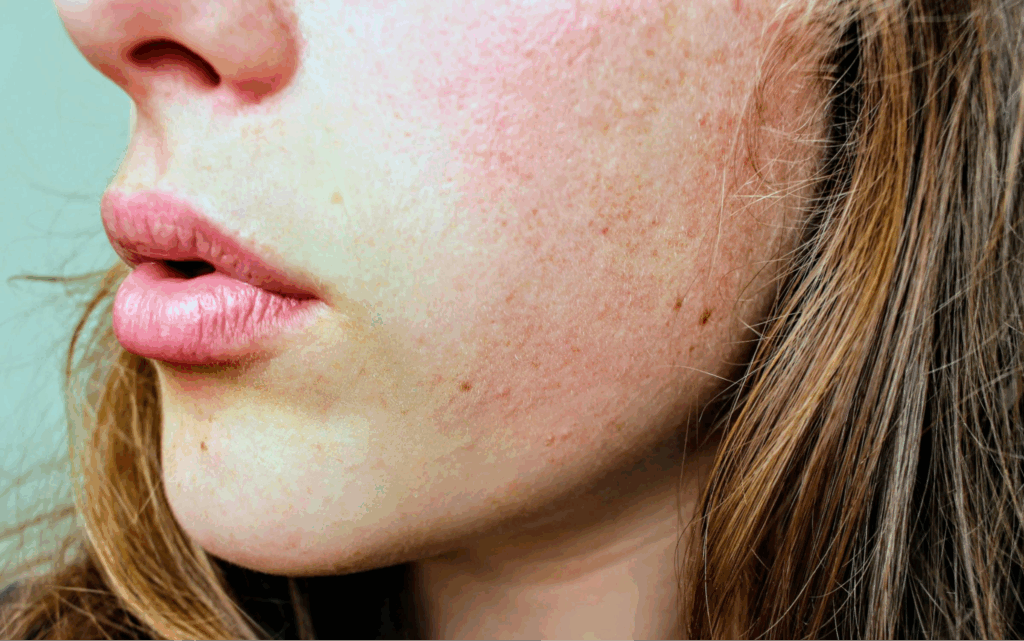Cheek biting is a common yet often overlooked habit that can lead to significant discomfort and stress for many individuals. For some, it serves as a coping mechanism, a way to manage anxiety or stress. Others may find that the habit is rooted in behavioral patterns that developed over time, contributing to physical harm and emotional distress. It’s essential to recognize the triggers and underlying causes to effectively address this behavior and promote healthier habits.
Understanding Cheek Biting
Cheek biting refers to the unintentional or habitual biting of the inner cheeks. This habit can range from occasional occurrences to a regular, almost reflexive behavior. The motivations behind cheek biting can vary significantly from person to person. Common reasons include anxiety, stress, or even boredom. Some individuals may not even realize they are doing it until they notice the physical signs, such as soreness or ulcers in the cheeks.
The psychological components associated with cheek biting contribute significantly to its persistence. Many people experience heightened anxiety levels, which can manifest in various behaviors, including biting the inside of the cheeks. These individuals often feel overwhelmed or stressed, and the act of biting offers a temporary distraction from their distressing feelings. Thus, recognizing the relationship between mental health and this physical habit is crucial in addressing the issue.
Causes and Triggers of Cheek Biting
Several factors can contribute to the development of cheek biting behaviors. Stressful situations, whether at home or work, can trigger this habit. When faced with pressure or anxiety, people may resort to cheek biting as an unconscious way to cope. University researchers conducted studies that suggest over 80% of individuals who bite their cheeks report high levels of stress or anxiety in their lives. Environmental factors can also play a role. Those who are in high-stress jobs or challenging home environments may be more prone to developing this habit.
Social situations where people feel uncomfortable or out of place can lead to increased anxiety and subsequent cheek biting. Observational studies over several years indicate that individuals with underlying mental health conditions, such as obsessive-compulsive disorder (OCD), are at a higher risk for developing cheek biting symptoms. Being aware of these connections can aid in understanding not just the habit itself but the deeper issues that may need addressing.
Physical Consequences of Cheek Biting
Continual cheek biting has several physical consequences. Frequent biting leads to irritation and inflammation of the inside of the cheeks, which can escalate to painful ulcers and infections. Individuals may find it difficult to eat or speak comfortably due to soreness. Not only does this create a cycle of discomfort, but it may also further exacerbate anxiety and stress levels, leading to more biting.

According to dental health studies, cases of cheek biting are often prevalent among individuals who are unaware of the dental issues resulting from this habit. Long-term effects may include changes in the architecture of the oral cavity, leading to misaligned teeth or difficulty in chewing. Addressing this habit can significantly improve not only the quality of life but also enhance overall oral health.
Strategies for Curbing Cheek Biting
Breaking the cycle of cheek biting requires a multi-faceted approach. Firstly, awareness is key. Individuals must acknowledge when and why they are engaging in this habit. Keeping a journal of instances can reveal patterns that are associated with triggers such as stress or boredom. Once these patterns are recognized, implementing strategies can become much more manageable. Mindfulness practices are incredibly beneficial in addressing the emotional roots of cheek biting. Techniques such as deep breathing and meditation help manage anxiety and stress.
Seeking professional support through therapy can provide valuable insight and coping tools. By learning how to stop cheek biting, individuals are empowered to take control of their responses to stress. Introducing oral distractions, such as sugar-free gum or other non-edible objects like fidget spinners, can be proactive measures that can also minimize the habit. These alternatives provide an outlet for nervous energy without causing harm.
Seeking Professional Help
In cases where cheek biting is severe or leads to significant discomfort, seeking professional help is an advisable route. General dentists or dental hygienists can offer guidance on the dental implications of this habit and may suggest customized mouthguards to protect the cheeks. Consulting mental health professionals can address any underlying psychological conditions contributing to stress and anxiety. Borrowing from cognitive-behavioral techniques, therapists can help individuals reshape their thought processes related to stressors, minimizing their tendency to resort to cheek biting.

A multidisciplinary approach, involving dental and mental health expertise, can greatly enhance the effectiveness of treatment options for cheek biting. In turn, this may lead to improvements not just in oral health but overall emotional wellness, allowing individuals to regain control over their behavior.
Preventative Measures Against Cheek Biting
Although overcoming cheek biting can take time, preventing the habit from developing in the first place is a more straightforward approach. Awareness around stress management techniques can help individuals avoid falling into cycles of anxiety that may lead to cheek biting. Engaging in regular exercise practices, which have proven benefits on mental well-being, can significantly reduce stress levels.
Practices such as yoga or tai chi not only improve physical strength but also promote relaxation and mindfulness. Incorporating breaks during stressful situations or work hours can aid in reducing overwhelmed as well. Frequent social interactions and support systems may provide individuals with outlets to discuss their feelings and experiences, further alleviating stress. Establishing a routine that includes self-care practices can help mitigate the risk of developing cheek biting habits. Techniques such as journaling, meditation, and guided imagery allow individuals to process emotions constructively.
Cheek biting is a multi-dimensional behavior rooted in emotional distress and stress management challenges. Understanding the psychological and physical consequences it can bring is crucial in the journey towards addressing this issue. By employing awareness, mindfulness techniques, and seeking professional help, individuals can break the pattern of cheek biting and foster a more balanced approach to their mental well-being.
